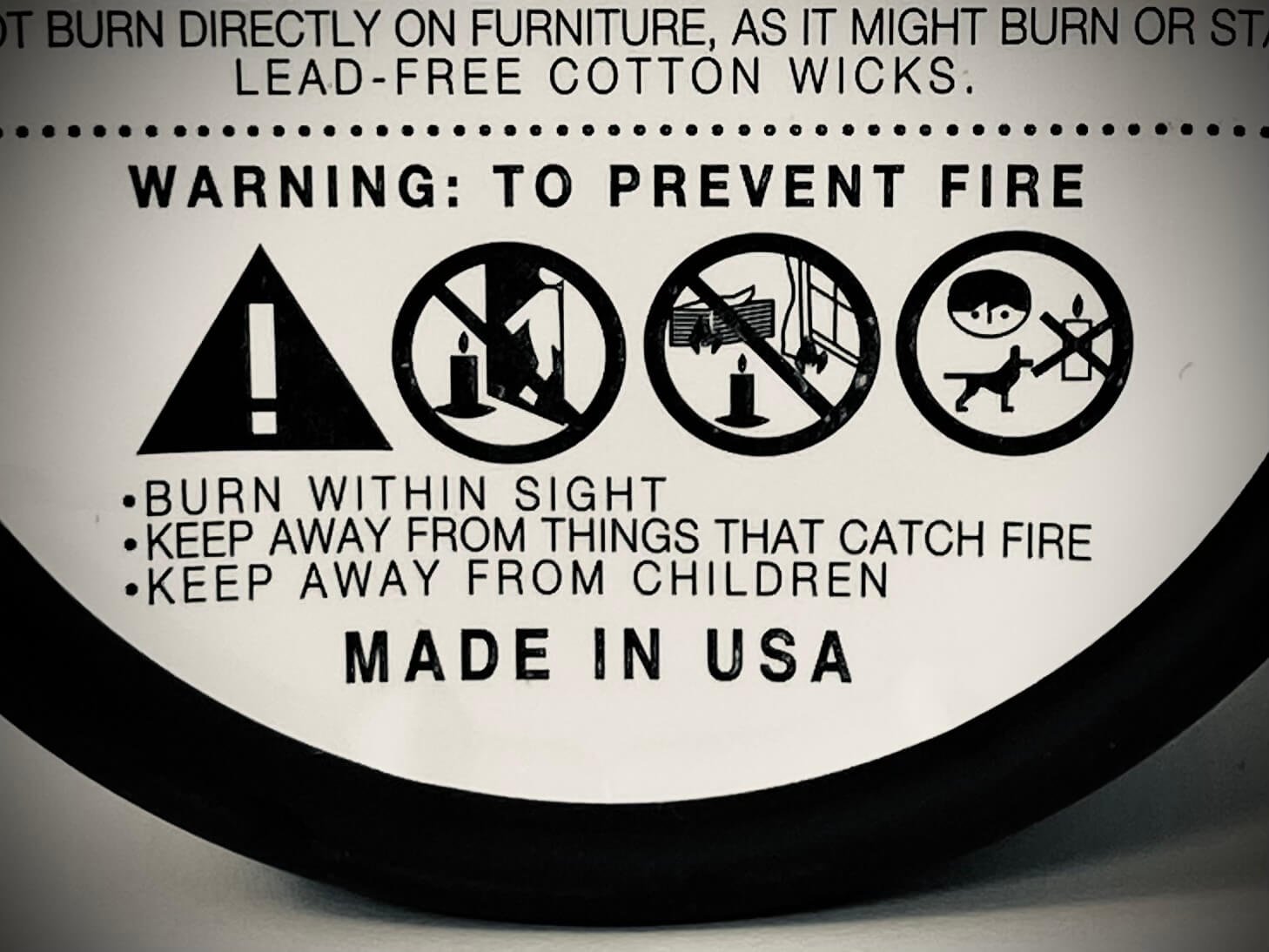Lessons of Branding and CEOs...
CEOs have always been important to brands. With measurement of return on investment never a precise science, it's always been helpful to have a CEO who instinctively believes in the power of branding. However, in today's connected world, CEOs and their brands have become ever more entwined.
It's virtually impossible today to draw a line between where a brand ends and the company begins. Once images created primarily through investment in advertising, brands are now defined by their customer experience, and the sharing of that experience. And with so many ways for customers to touch a brand, every part of the company needs to be living the brand. This demands alignment between what the company believes in, the value it creates for customers, and how it behaves, and this can only be delivered by the CEO. Indeed, it requires the CEO not just to be a business leader, but as Jim Stengel put it, a brand artist.
But it's not enough for CEOs to do this behind the scenes. Thanks to social media, they are far more visible than they have ever been, both to employees and outside the company. They have become the face of their brand, and expected to embody its values and beliefs.
This doesn't mean they have to be a celebrity, an Elon Musk, Steve Jobs or Richard Branson, (although this can be very effective in promoting the brand). Some of the strongest brands have CEOs that few outside the company can recall. But they have to be seen to champion the values and behaviors of the brand internally, if they are to inspire a culture that lives the brand. Indeed, there is academic evidence that the stronger a CEO identifies with the brand, the stronger employees identify with it, which then trickles down to customers, improving loyalty and financial performance.
But on the flip side, if a CEO's behavior is seen to be at odds with the brand, then it can have a negative impact. For example, look at the difficulties Under Armor and Uber have had, since their CEOs spoke out in support of Donald Trump, which seemed so contrary to their brands' values and beliefs.
The inescapable point is that CEOs need to consider themselves a part of the brand. Of course, they are human beings, with their own distinct personalities and history, and can't be reduced to a single brand idea. But the notion that a CEO can also be a private person completely separate to the brand is a fiction: they have to be aligned. As Indra Nooyi, the CEO of PepsiCo, has powerfully argued, “When you become a CEO you’re no longer your own person, you’re a public property,” and in today's world, a key asset of the brand...









